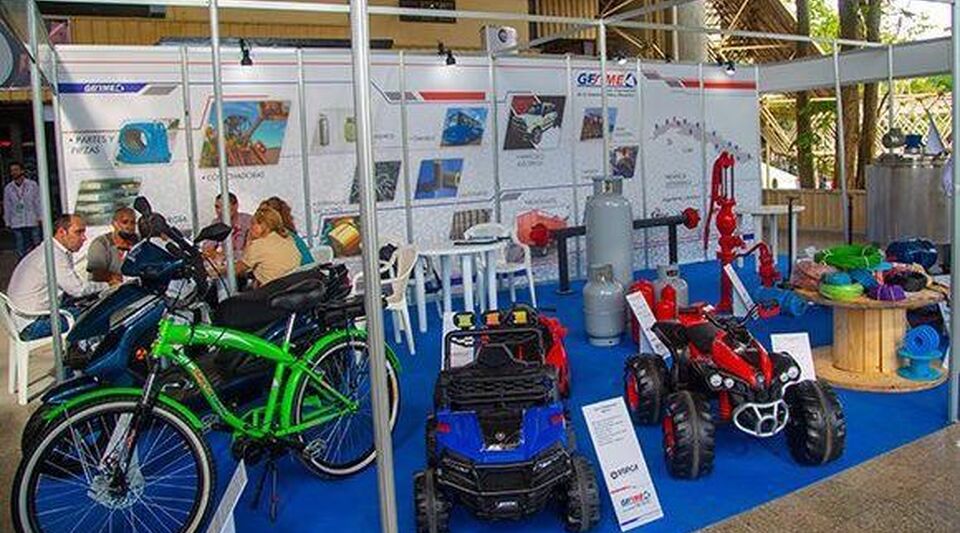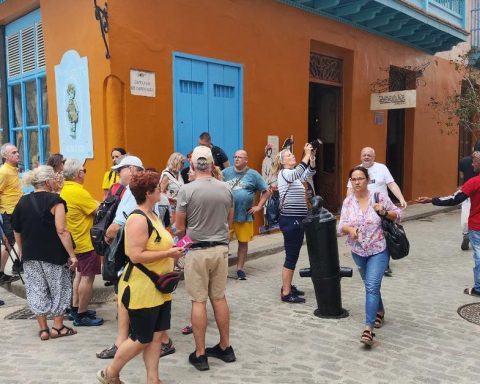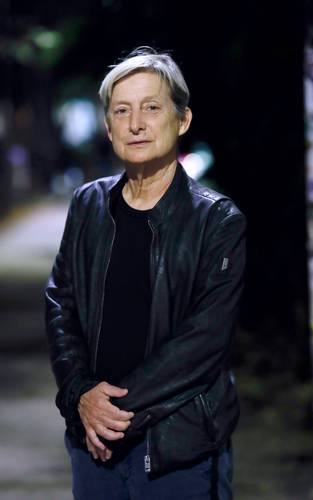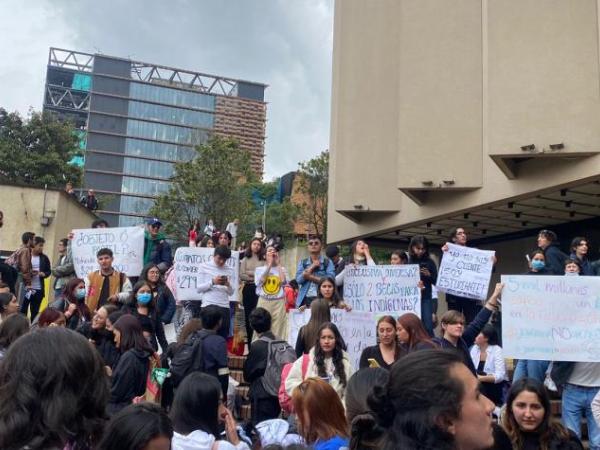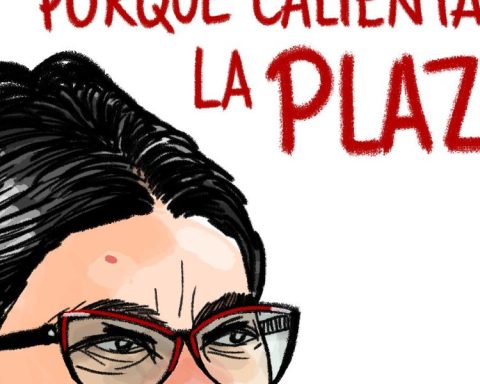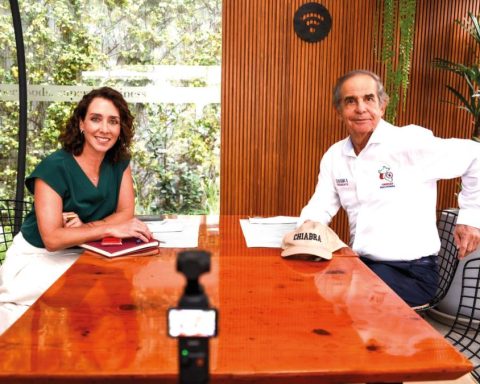Havana and Moscow are negotiating the possibility of carrying out transactions in rubles and cryptocurrencies, with the aim of avoiding international sanctions and facilitating “mutual payments,” Boris Titov, Russia’s presidential commissioner for Workers’ Rights, commented on Monday. Titov, invited to the Havana International Fair (Fihav), affirmed that “compensation mechanisms” and other “private” options are also valued as an alternative to paying in dollars.
The Cuban government has not been shy when it comes to acknowledging its intentions in the Fihav. That “foreign businessmen know our potential and be motivated to invest in Cuba,” the Vice President of the Republic wished this Wednesday, in plain language. Salvador Valdes Mesa. That, that they extend the terms of the debts and present themselves as a flexible and tolerant market, in order to attract investment, have been the guidelines of the regime.
During Fihav, senior government officials have paraded through each pavilion, in an attempt to seduce veteran investors and supervise local businessmen, but above all to talk with those who “set up their booth for the first time”.
The official press has also had to get its act together and spread the image of a modern Cuba, open to business and ready to “expand trade borders” in the midst of a possible thaw with the US. cubadebatefor example, released this Wednesday the pleased statements from several businessmen about the “excellent opportunity” for their money to stay on the Island.
The reverse of the coin is made up of state companies, “chosen” MSMEs and other Cuban businessmen that the Government has admitted between the flags
The other side of the coin is made up of state-owned companies, MSMEs “elected” and other Cuban businessmen that the Government has admitted among the pavilions and that have an important role in the game: although the ministers and officials concentrate on large investments, local businessmen must close personal deals, in their own sectors , through direct conversations with foreigners.
The official Business Group of the Steel and Mechanical Industry (Gesime), which groups 52 companies throughout the island, has reached deals with Costa Rica, Mexico and Jamaica, but now it is targeting more remote markets, such as Belarus and Slovakia. They are trying to develop joint projects with both countries with the Envases y Recipientes Metálicos Company, Envamental.
The Gesime also aspires to the investment of the Canadian Terracam, belonging to the Lussier Group and dedicated to the commercialization and repair of trucks. The conglomerate “has excellent commercial relations with Cuban clients, hence the potential, since they have similar lines of work,” the Cuban executives explained to cubadebate.
Soldarap – the first MSME created within the Gesime– opens at the Fair with the intention of exploring “the potential to enter the welding equipment repair market”. Although they received the blessing of the regime during the Transport Fair, now they are clear about what they are coming for: a contract with the Panamanian Romysen, which is already a regular supplier of Gesime, would make Soldarap indispensable among the MSMEs favored by the government.
Avangenio, a “computer solutions” consultancy, and Noswork, a “real-time collaborative workspace,” try to bring modernity to Cuba’s precarious digital horizon
Potential businesses are not concentrated only in the industrial sector. Avangenio, a “computer solutions” consultancy, and Noswork, a “real-time collaborative workspace that is stored in the cloud,” are trying to bring modernity to Cuba’s precarious digital horizon. Noswork, an imitation of Zoom, aspires to become a commonly used application among businessmen, while Ataja plans to manufacture vehicle tracking systems, including motorcycles and electric bicycles.
“Through this system you can know the location of your vehicle, establish virtual limits to find out if the motorcycle, for example, leaves the previously established area,” explained René Pérez Masola, a marketing specialist at Ataja, which from the name seems suggest your intentions. “In case of change of position, activation of the alarm, manipulation of devices or loss of the GPS signal, it sends an alert to the user’s mobile”.
Finally, cubadebate only sought the opinion of a foreign company. The managers of the Italian Pasta Lori Puglia – already present in Brazil, the US and Europe – dream of the Cuban government buying them rice, olive oil, tomato puree and all kinds of pasta. “We are very interested,” said Victoria del Rey, the representative of the company, who hopes that the Island will be interested in its more than 70 types of product.
________________________
Collaborate with our work:
The team of 14ymedio He is committed to doing serious journalism that reflects the reality of deep Cuba. Thank you for accompanying us on this long road. We invite you to continue supporting us, but this time becoming a member of our newspaper. Together we can continue transforming journalism in Cuba.
